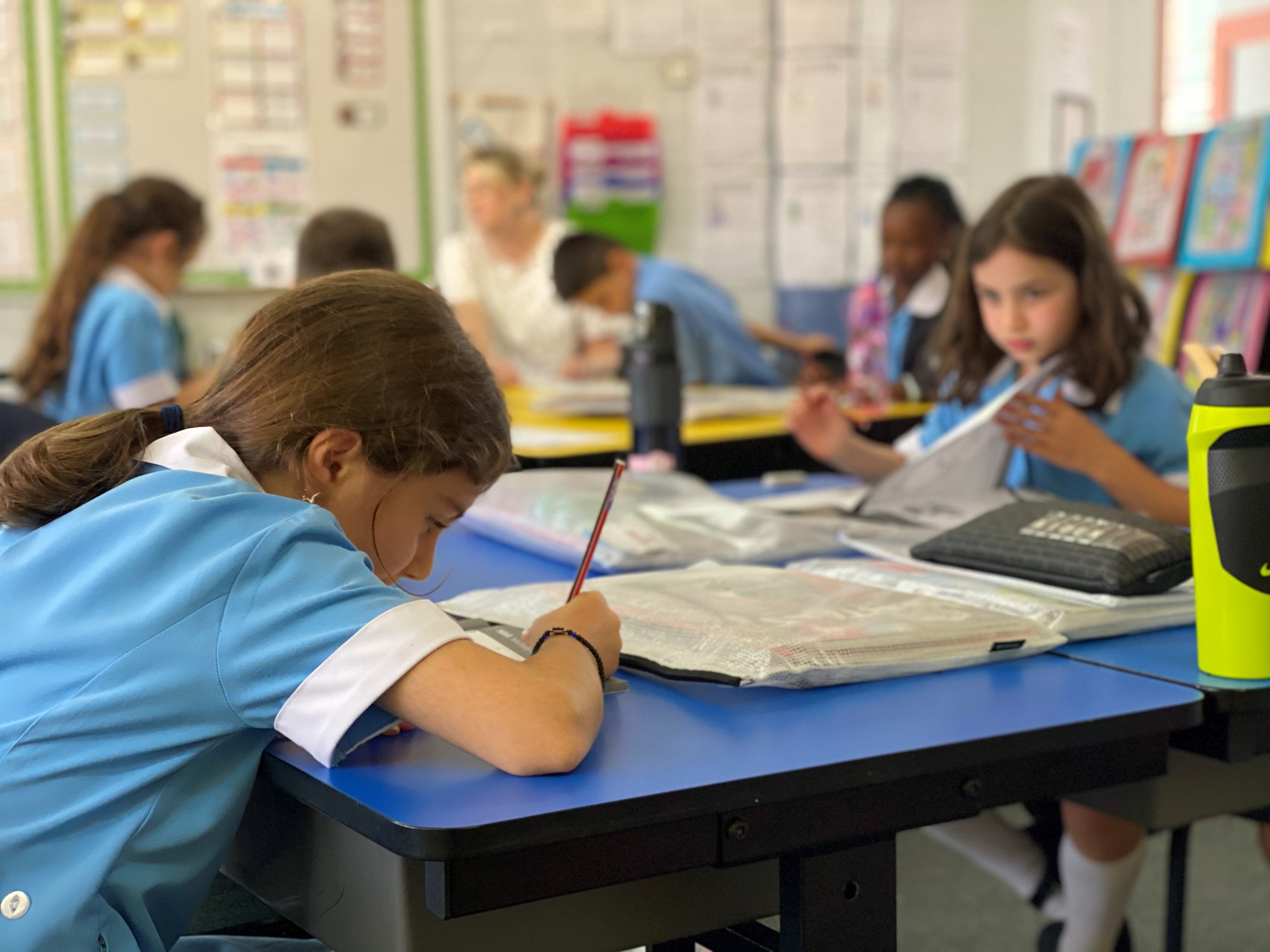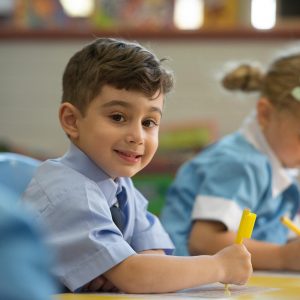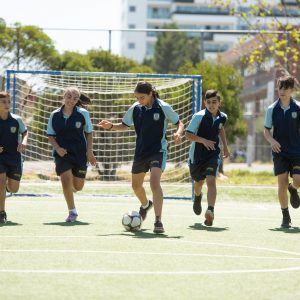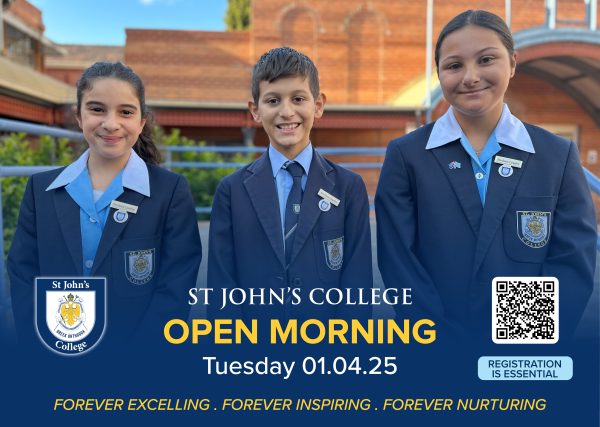Bright Young Learners
As educators it is easy to become distracted or side-lined by the ‘next big thing’ in education. Schools are swamped by programs, ideas and approaches advertised as ‘must have’ resources to purchase and implement. The danger is that schools may become a little like Christmas trees covered in fancy baubles which look good to prospective parents, but may well be distractors from the core business of optimising student learning and wellbeing. It is critically important that the school community and school leadership teams do not lose sight of what matters most for our bright young learners.
Fundamentally, what our students need is not an endless plethora of new programs and approaches but expert and committed teachers, with deep content knowledge, who provide warm and supportive classroom environments and sound teaching. Children and young people also need the adults at their school to understand that when they are stressed or anxious, they cannot engage in their own learning. The cornerstone of effective teaching and learning is a commitment to student wellbeing, linked with an equal commitment to staff wellbeing. Students deserve to be taught by staff who feel supported in their work and in their professional learning. It is only when students feel safe and secure at school that they are able to positively engage and achieve academically. When teachers feel well supported in the work place, they are best able to be fully present for their students.
place, they are best able to be fully present for their students.
It can therefore be argued that school leadership must be mindful of accepting every new and appealing ‘quick fix’ which promises to lift student achievement. There are no silver bullets to accelerate academic success. Instead, to achieve the best possible learning outcomes, we must support student engagement by providing a safe and encouraging learning environment which values the individuality of each and every member of the school community.
We all know that things go wrong at times and that no school environment can ever be problem free. Parents need to be supported by schools in helping their children to develop the necessary coping strategies to successfully navigate the daily ups and downs of their lives at home and at school. By responding to normal frustrations and disappointments with the support of caring adults and a toolbox of coping strategies, students can develop the self-regulation and skills necessary to manage their lives beyond their time at school.
At St John’s College this emotional intelligence is taught within a number of programs including Program Achieve. The skills of getting along, confidence, resilience, organisation and persistence are reinforced within our common language across the school. The opportunity to practise effective coping strategies within a nurturing school community equip our students to deal with tough issues as they arise with a sense of real confidence. Staff at St John’s College have high expectations of themselves and of our students and are committed to our philosophy that ‘Students’ engagement and agency of learning are the foundation of educational achievement and personal growth’.
Written by Mrs Anna Urban – Principal of St John’s College, Preston






